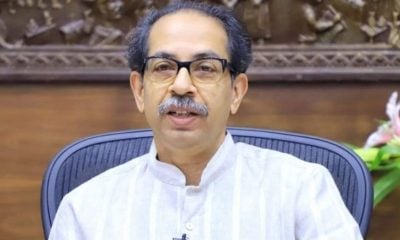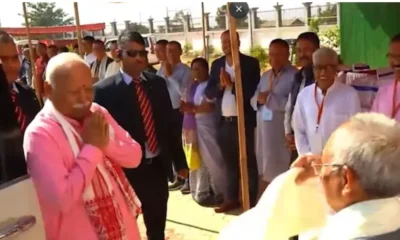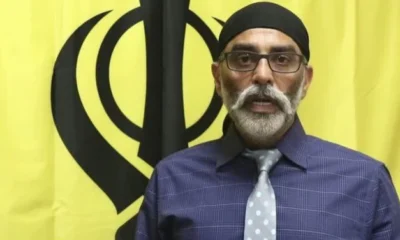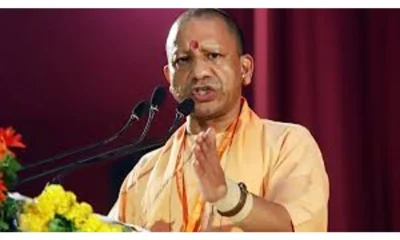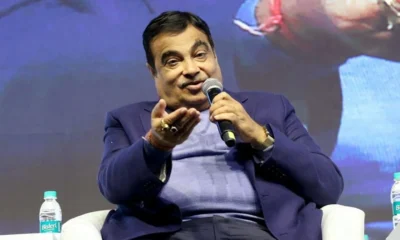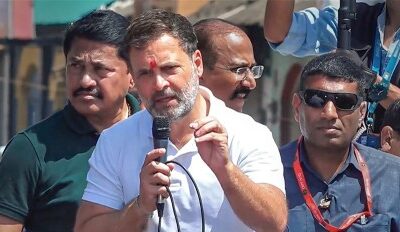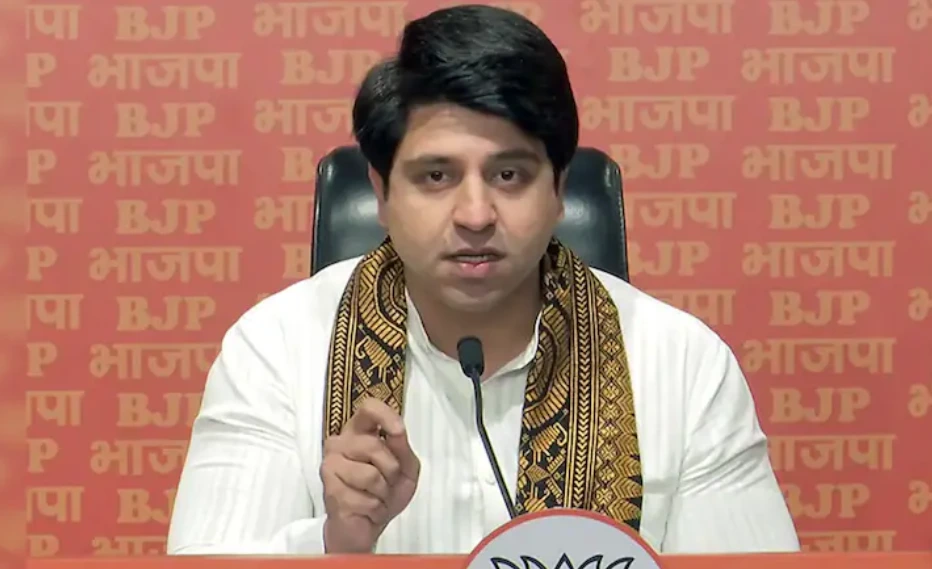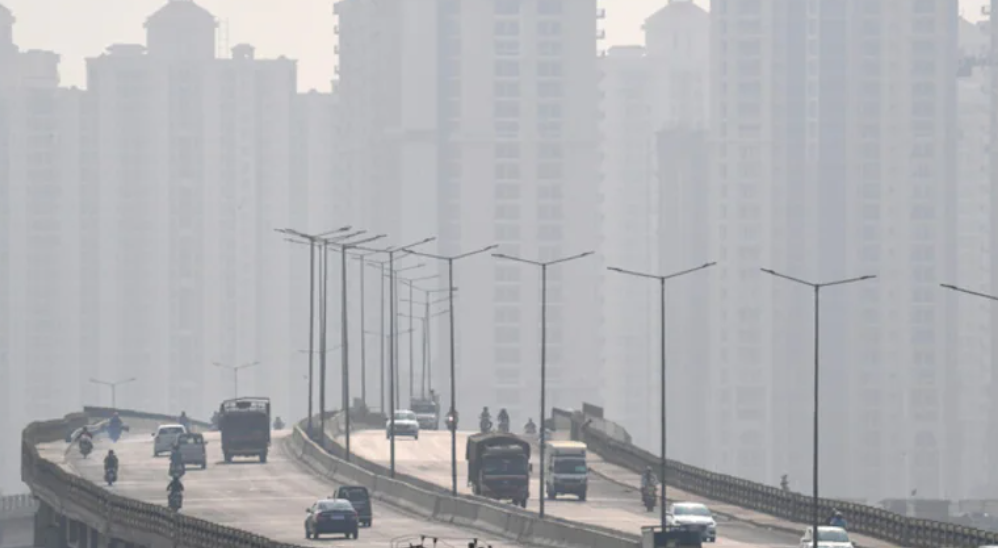As Hindutva groups with BJP leaders in the forefront gloat over the acquittals of their fellow travellers in Mecca Masjid blasts case, a few facts need to be kept in mind to put things in proper perspective.
First, it is wrong to say that acquittals ‘prove’ Hindutva elements are not involved in terror. Among the acquitted is one, Devendra Gupta, a former RSS pracharak, who was convicted in March last year in Ajmer Dargah blast that happened the same year – 2007 – as Mecca Masjid blasts.
The court said the NIA had established that Gupta had bought the cell phone SIM cards used to time and trigger the bombs kept at the Sufi shrine.
Second is the fake allegation that the Congress-led UPA government got Hindutva groups implicated in all terror cases under an agenda.
When the cases were taken over by NIA, the Union Home Secretary was a current member of PM Narendra Modi’s council of ministers, RK Singh, handpicked for the top home ministry post by then home minister P Chidambaram.
It was RK Singh who had disclosed the role of RSS-linked groups in the bomb blasts.
Third, these terror cases had common links.
The SIM cards used in the blast were part of the set used in the Ajmer Dargah blast.
A SIM recovered from an unexploded bomb at Mecca Masjid blast site had matched with a phone used in the Ajmer Dargah blast. Mobile phones and SIMs used in the Ajmer blast were similar to the ones used in the Mecca Masjid blast. The phones even had similar IMEI numbers and SIM card numbers were also in a sequence.
In Ajmer Dargah blast case, Devendra Gupta was convicted along with Bhavesh Patel and Sunil Joshi.
A resident of Bharuch in Gujarat, Bhavesh had allegedly planted two bombs at Ajmer Dargah but only one exploded, the probe agency stated. Two SIM cards found in the unexploded bomb became the first material evidence in the case and led the conviction of the duo.
Fourth, at Mecca Masjid blast site, it was found that only one of the two bombs had exploded. The unexploded IED, a red shirt and a key were recovered from the site.
Till date, it is not known what the key was meant for and who the redshirt belonged to. At first, it was believed that the key was meant to trigger the device, but forensics went on to show that there was a mismatch between the key and the explosive device.
The mystery regarding the redshirt also continues. Interestingly when the case was handed over the NIA by the CBI, the red shirt was missing. The NIA never received the shirt. The shirt would have been crucial to the probe as it would have helped in DNA sampling. Who got it removed?
Fifth, a prime accused Aseemanand, who had also been acquitted in Ajmer Sharif Dargah blast case last year due to lack of evidence, turned hostile. He retracted his confessional statement with the claim that it was extracted under duress.
Fact is, he had given that statement to the judicial officer, over two days when he was in judicial custody. There were no policemen around to threaten or pressurise him.
The NIA had placed heavy reliance on Aseemanand’s confessional statement in which he had said that he decided to come clean was after meeting with one youth called Abdul Kaleem. He said that Kaleem who was in a Hyderabad jail was tortured in connection with the same case and hence he decided to spill the beans.
In fact, the police – NIA in this case – in a way, cooperated with him and did not oppose his bail application either in Samjhauta train blast case or in Mecca Masjid blast case, which it should have done routinely. This was hardly normal. The Punjab and Haryana High Court had granted bail to Aseemanand in Samjhauta train blast case in 2014. He was granted bail in 2017 in Mecca Masjid blasts case as well.
Swami Aseemanand, whose real name is Naba Kumar Sarkar, was arrested on November 19, 2010, from Haridwar in connection with the blast at the Mecca Masjid on May 18, 2007. A resident of Gujarat, Aseemanand now faces trial only in the 2007 Samjhauta Express train blast case in which 68 people were killed.
In addition to Aseemanand, there were many other witnesses who turned hostile and this proved to be fatal to the case.
Sixth, and finally, the argument that since the chargesheet was prepared under Congress-led UP and hence the BJP government could not be accused of trying to influence prosecution does not wash. Without going into whether Modi government tried to do so or not, the fact is certainly could do it. Letting witnesses go and not following up evidence, not contesting bails, and not arguing the prosecution case properly, among others, are all possible. In Malegaon blasts case, this was exactly what the former prosecutor Rohini Salian had said when she alleged that she had been asked to ‘go soft’ against the accused.


 India News8 hours ago
India News8 hours ago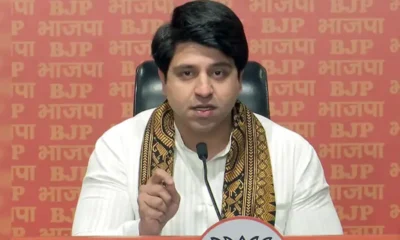
 India News8 hours ago
India News8 hours ago
 Latest world news8 hours ago
Latest world news8 hours ago
 India News9 hours ago
India News9 hours ago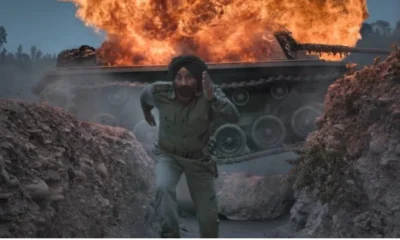
 Entertainment4 hours ago
Entertainment4 hours ago
 India News2 hours ago
India News2 hours ago
